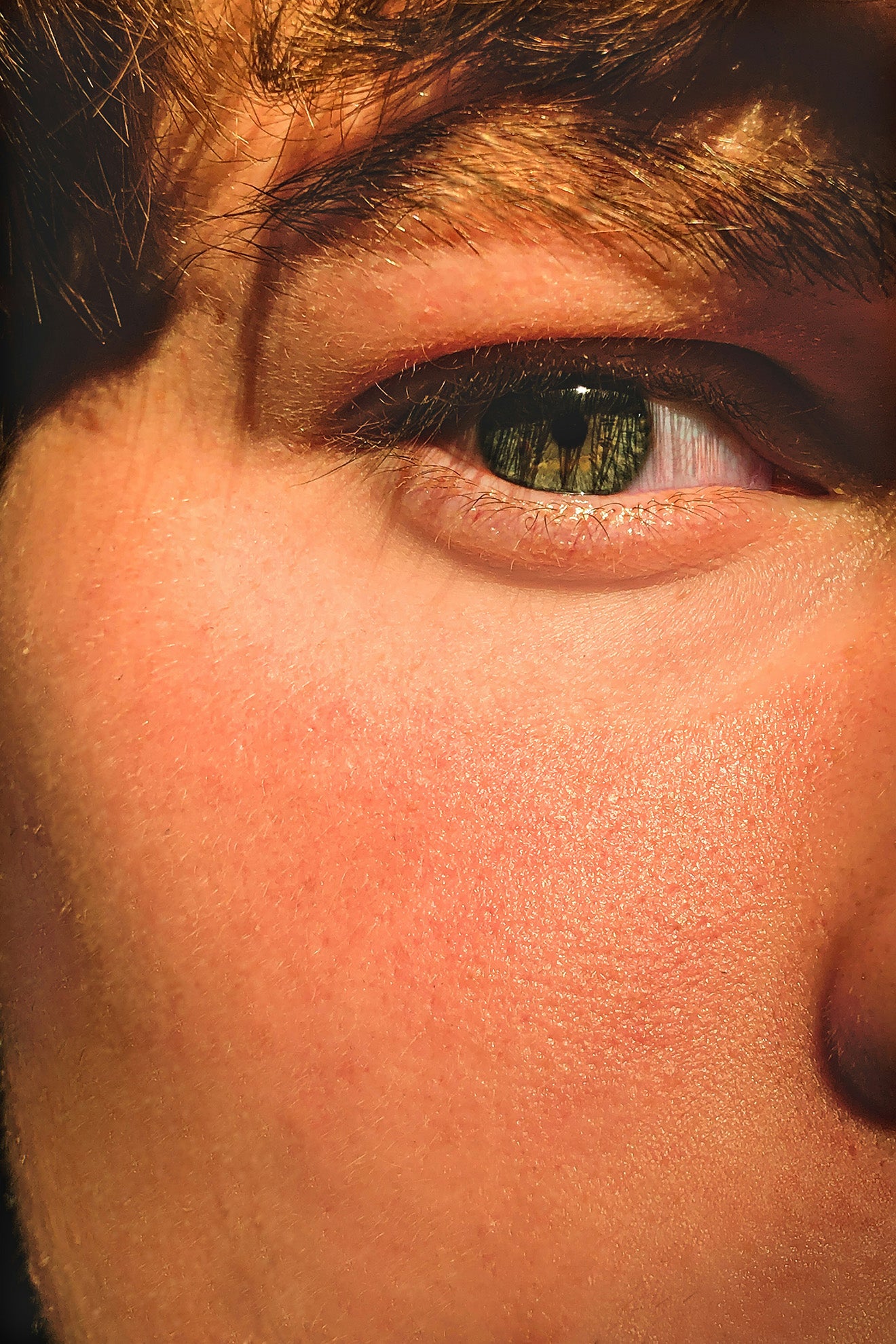


Sensitive skin affects a significant portion of the population, with studies revealing that 50% to 61% of women and 30% to 44% of men have experienced it. Women, in particular, may be more prone to sensitive skin due to differences in skin thickness and hormonal fluctuations that increase the risk of dehydration and dryness. While these theories require further research, the prevalence of sensitive skin highlights the importance of understanding and caring for it.
Whether you’re dealing with irritation, redness, or dryness, knowing how to care for your delicate skin is essential. In this comprehensive guide, we’ll explore "what is sensitive skin," "how to know if you have sensitive skin," and provide actionable tips for treating sensitive skin, especially on your face.
Sensitive skin refers to skin that is more prone to irritation and inflammation due to environmental, genetic, or allergic factors. Unlike dry skin, which results from a lack of moisture, sensitive skin involves heightened reactivity to triggers such as skincare products, weather changes, or allergens. The protective barrier of sensitive skin is often compromised, making it more susceptible to irritation and discomfort.
While sensitive skin is not a medical diagnosis, it can present alongside conditions such as eczema, rosacea, or contact dermatitis. Recognizing and understanding your sensitive skin’s unique needs is the first step toward effective care.
Sensitive skin can manifest in various ways. Understanding the symptoms can help you determine if you have sensitive skin and guide you in choosing the right sensitive skin care routine.
Dry, flaky patches are a common sign of sensitive skin. These areas may feel rough to the touch and could crack or peel if not properly moisturized. This texture is often caused by a weakened skin barrier, which fails to retain moisture effectively.
When the skin’s hydration levels are insufficient, its surface may appear wrinkled and uneven. This texture not only affects your skin’s appearance but can also make it more susceptible to irritation from environmental factors or skincare products.
Redness is a hallmark of sensitive skin. It may appear as flushed patches or persist as an underlying tone across your cheeks, nose, or other areas. This symptom often indicates inflammation or an adverse reaction to external triggers.
Swelling, sometimes accompanied by itching or tenderness, is another indicator of sensitive skin. It’s often a sign of an allergic reaction or irritation from contact with an unsuitable product or material.
If your skin begins to peel, it’s a clear sign that it’s struggling to maintain its natural balance. Peeling can occur due to dryness, allergic reactions, or overexposure to harsh conditions, such as extreme cold or heat.
Understanding the root causes of sensitive skin is crucial for selecting the best sensitive skin care practices. Several factors can contribute to sensitive skin, ranging from external irritants to underlying conditions.
Contact dermatitis is one of the most common causes of sensitive skin. It occurs when your skin reacts to a specific irritant, such as harsh soaps, detergents, or chemicals. This condition often results in redness, itching, and a rash.
Allergic reactions to certain ingredients in skincare products, fragrances, or even metals like nickel can lead to sensitive skin. Symptoms include hives, redness, and itching. Identifying and avoiding allergens is key to managing sensitive skin caused by allergies.
Rosacea is a chronic inflammatory skin condition that often manifests as redness and visible blood vessels on the face. People with rosacea have highly sensitive skin that may react to heat, stress, or certain foods.
Sensitive skin and acne often go hand in hand. The use of harsh acne treatments can exacerbate sensitive skin, leading to inflammation and further irritation. Opting for gentle, non-comedogenic products is essential for managing acne on delicate skin.
Dry skin, or xerosis, can contribute to sensitivity by compromising the skin’s protective barrier. Without sufficient moisture, the skin becomes more vulnerable to external irritants, leading to discomfort and inflammation.
Caring for sensitive skin on your face requires a thoughtful and gentle approach. Here are some tried-and-true strategies for treating sensitive skin and maintaining a healthy complexion.
Sensitive skin care begins with gentle cleansing. Choose a mild cleanser designed for sensitive skin. Avoid using hot water, as it can strip your skin of its natural oils, and instead opt for lukewarm water to rinse your face.
When cleansing, use your fingertips rather than a washcloth or sponge to minimize friction. Pat your face dry with a soft towel rather than rubbing it, which can cause irritation.
Moisturizing is essential for treating sensitive skin on your face. Ingredients like ceramides, hyaluronic acid, and colloidal oatmeal can help restore your skin’s barrier and soothe irritation.
Apply moisturizer after cleansing to lock in hydration. For those with extremely sensitive skin, simple natural oils like shea butter or coconut oil may also provide relief.
Protecting sensitive skin from the sun is crucial. Choose a broad-spectrum sunscreen with SPF 30 or higher, formulated for sensitive skin. Mineral-based sunscreens containing zinc oxide or titanium dioxide are gentle options that shield your skin from harmful UV rays without causing irritation.
Apply sunscreen daily, even on cloudy days or when indoors, to prevent sun damage and reduce the risk of flare-ups. Reapply every two hours if you’re outside for extended periods.
Caring for sensitive skin is an ongoing process that requires understanding and attention. Recognizing "what is sensitive skin," "how to know if you have sensitive skin," and the factors that contribute to its sensitivity can empower you to make informed choices. Whether it’s through gentle cleansing, daily moisturizing, or consistent sunscreen use, treating sensitive skin with a personalized approach is key to maintaining its health and vitality.
Patience is essential, as managing sensitive skin often involves discovering what works best for your delicate skin. Don’t hesitate to seek professional guidance from a dermatologist if challenges arise. With the right routine and care, your sensitive skin can thrive, leaving you confident in its resilience and beauty.